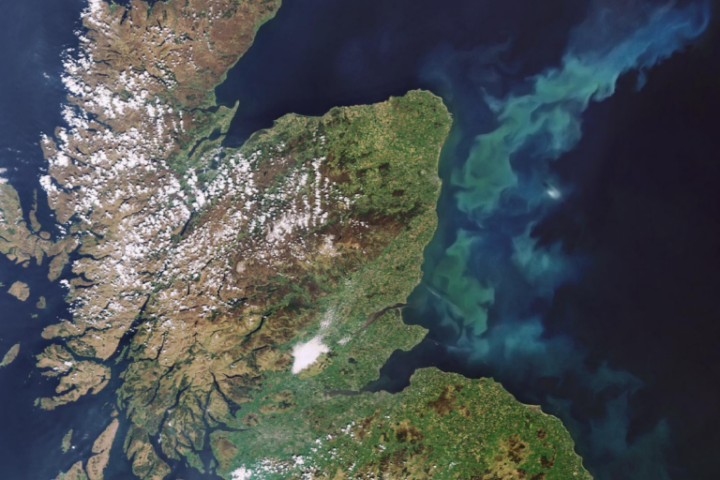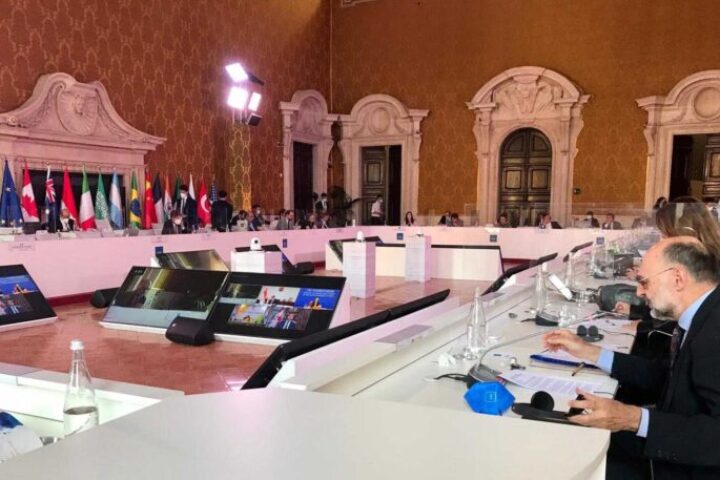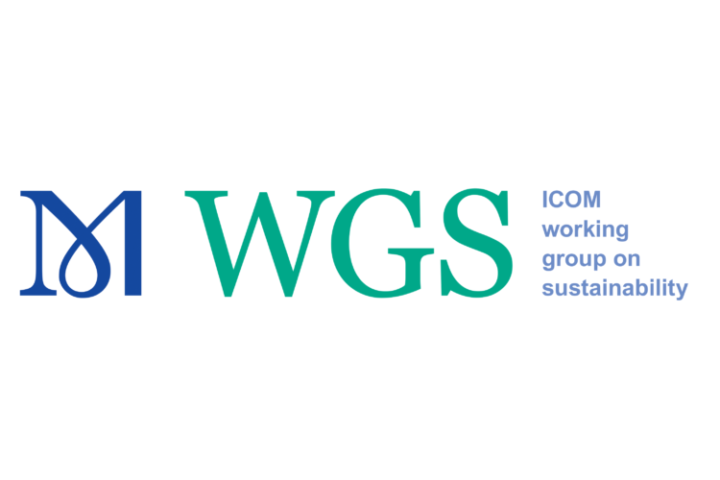COP26 – the 2021 United Nations Climate Change Conference – is drawing to a close. World leaders and civil society representatives gathered in Glasgow to discuss the progress made, and how much more needs to be done to tackle climate change. ICOM will be present on 11 November with other international culture and heritage organisations to discuss the role of heritage institutions to power climate action.
COP26 was distinguished by an unprecedented presence of culture and representatives of local and international cultural organisations. This was in part due to the attention paid to culture by the British and Italian governments (Italy had already given culture a prominent role in the G20 discussions on the climate crisis), which organised the COP and pre-COP respectively, but it is also thanks to years of work by countless organisations and professionals, including the Climate Heritage Network and the Reimagining Museums for Climate Action project.
But what exactly is the COP, and why is it so important to include culture in the fight against climate change?
What is COP?
COP stands for Conference of the Parties. The Parties are the governments that are signatories of the United Nations Framework Convention on Climate Change (UNFCCC), a treaty agreed in 1994. Each year, the 197 signatories (196 countries and the European Union) come together to monitor and review the implementation of the UNFCCC.
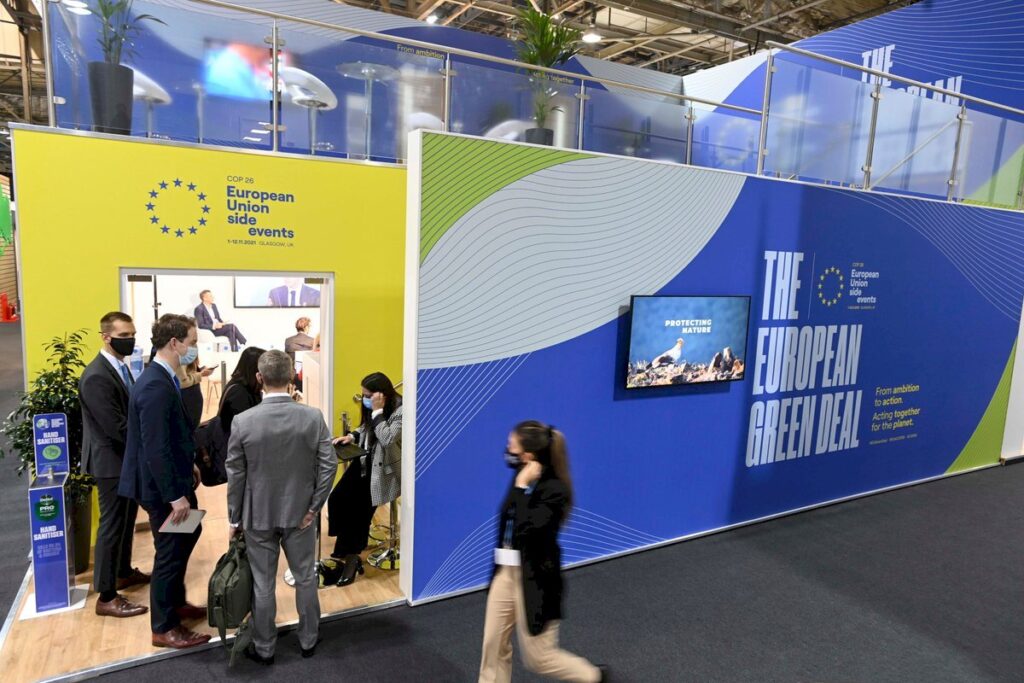
In the words of Sir David Attenborough the climate emergency comes down to a single number: the concentration of carbon dioxide in our atmosphere, a measure that greatly determines global temperatures. Carbon dioxide concentrations are rising mostly because of the burning of fossil fuels.
For this reason, since 2015, another international benchmark for climate action has been the Paris Agreement, a legally binding international treaty on climate change adopted at COP21. Its goal is to cut carbon emissions to keep the rise in mean global temperature well below 2° C, and preferably below 1.5° C, compared to pre-industrial levels.
As things stand, however, governments have failed to take decisive enough action to achieve these goals, and without major economic and social transformations the effects of climate change will be severe, and they will be disproportionate in different regions of the world
Climate action demands climate justice
The fight against climate change cannot be separated from the fight against inequalities, both social and economic. In fact, countries and groups that have contributed the least to climate change are also those who are hit the hardest with its effects, and big emitters have yet to take full responsibility and sufficient action to reverse the problem. Moreover, the voices of the most vulnerable groups, including the Global South, Indigenous peoples and youth, are still largely excluded from the climate change debate.
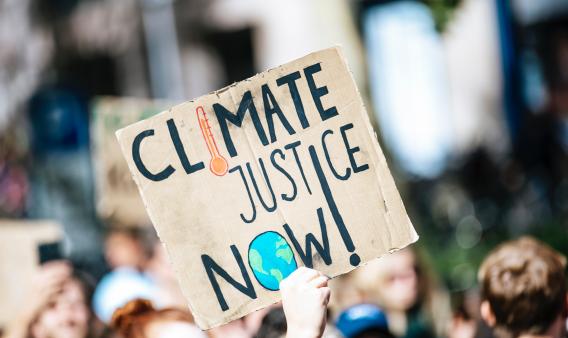
In the fight against climate change, social equality, empowerment and the inclusion of local communities are key to ensuring a transition that leaves no one behind. Our latest MOOC on creating meaningful and inclusive museum practices deals with just that. And this is one of the areas where culture and museums can play a key role.
Why culture matters
Article 6 of the UNFCCC Convention seeks to reduce the impact of climate change by enabling society to be a part of the solution. This article is translated into work programmes called “Action for Climate Empowerment”, which in turn rest on six key elements – education, training, public awareness, public participation, public access to information and international cooperation.
It is not difficult to imagine the role that museums can play in this field, and there are numerous examples of museums that have taken the initiative and are leading the sector by example. Culture has a key role to play in fostering innovative solutions, amplifying the voice of activists and Indigenous peoples and in involving all members of society in the fight against climate change.
Of course, museums can also directly contribute by cutting their carbon emissions and achieving net zero, and here too there are many examples of innovative museums around the globe.
ICOM at COP26
To help museums pursue all these actions, ICOM has created and is supported by its Working Group on Sustainability, as well as by a growing network of international partners and collaborations, not least the upcoming panel that will take place on Thursday 11 November 2021 in the EU pavilion at COP.
This panel will address how cultural heritage institutions, practitioners and policymakers are responding to the climate emergency, and how we might achieve a more integrated and radical action.
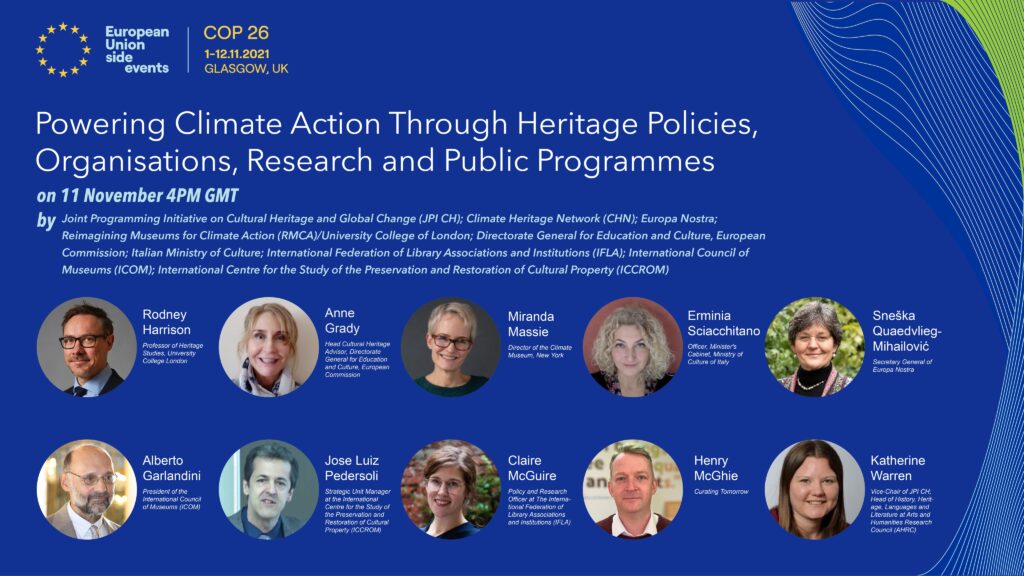
The event was organised by the Joint Programming Initiative on Cultural Heritage and Global Change (JPICH), Climate Heritage Network (CHN), Europa Nostra and Reimagining Museums for Climate Action (RMCA), and will include contributions by these actors as well as our partners ICCROM, IFLA, The Climate Museum NYC, the Italian Ministry of Culture and the European Commission’s Directorate-General for Education and Culture.
This panel reflects the spirit of COP26 as an event organised by a large group of different partners, and reminds us once again of the absolute necessity of international collaboration and coordination to tackle climate change, as well as the economic and social inequalities that are fueling it.
